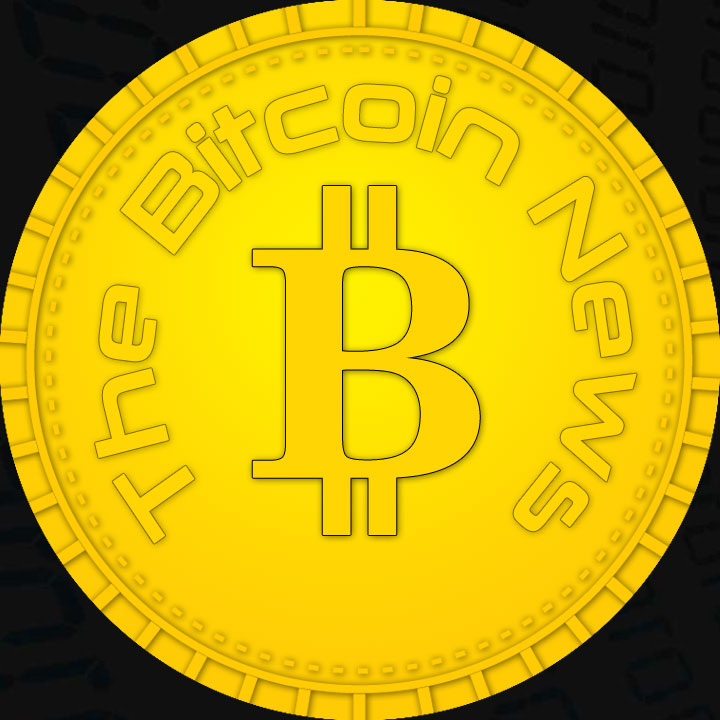After the London terror attack in June, Prime Minister Theresa May lashed out at communication companies for “providing safe places for extremists to broadcast their hate messages over the Internet.” She pushed for international agreements allowing the government to regulate the internet—a step she believed would curb terrorism. Some security researchers, though, argued that doing so would only push terrorist content onto the darknet.
Simon Milner, Policy Director at Facebook, announced that Facebook already implemented many anti-terrorism protocols. In the statement, Milner explained that Facebook worked towards creating “a hostile environment for terrorism.” He explained that Facebook already takes advantage of every method possible to find various types of threats. The social networking giant also reports the content to law enforcement for legal action.

Twitter’s Head of Public Policy in the UK, Nick Pickles said similar—that “terrorist content has no place on Twitter.” More than 375,000 accounts were suspended in the second half of 2016 for terror related content. However, when compared to Facebook or Google’s YouTube, Twitter failed to control the majority of the accounts reported for terrorist activity. Pickles told CNN that the platform would “never stop working” on fighting the spread of terrorist propaganda.
Home Secretary Amber Rudd when asked about hashtags:

Privacy enthusiasts have not responded well. Cybercrime analyst Nico Cool wrote that “terrorists have free reign on the internet,” in reference to May’s ongoing plan. “Well-known Internet companies may indeed make some efforts to block extremist content. But on the Tor, darknet criminals are the master. And it will stay that way” He, unsurprisingly, disagrees with May’s push towards a privacy free world. Some counter-terror experts believe the darknet is already to blame. “People are learning how to carry out attacks on the darknet,” Nikita Malik told Express.co.uk. “People are learning how to carry out attacks through manuals than can be downloaded through the darknet.”
The anti-terrorism movement—specifically the pressure to end encryption and more tightly regulate online communication networks—has been explained as a part of a much larger anti-piracy agenda.
And possibly the same goal: to prevent terrorism. In 2016 after May became the Prime Minister, Amber Rudd was appointed Home Secretary. Rudd has vocally pressed for the end of encryption.

“We need to make sure that organizations like WhatsApp — and there are plenty of others like that — don’t provide a secret place for terrorists to communicate with each other,” Home Secretary Amber Rudd told BBC1’s Andrew Marr Show. Rudd pinpointed WhatsApp after the Manchester attacks. “It is absurd that we can have a situation where you have terrorists talking to each other on a formal platform. You can’t have a situation where warranted information is needed — perhaps to stop attacks like the one last week — and it can’t be accessed,” she said.
She disagreed with the notion of fining social media organizations for the presence of terrorist content but planned on working with them to find a solution. In 2015, PM David Cameron promised to put a stop to end-to-end encryption. This never happened. Rudd said that she will give tech companies “one last chance.”

“By getting rid of encryption you just leave the back gates open,” said Jennifer Arcuri, a co-founder of Hacker House and a voice of reason on the topic of encryption. “If you make one backdoor for the government, you have no idea who is listening. The point is that there is no way of curtailing who has access to it if the backdoor is there,” Arcuri said in a discussion on BBC Radio 4.

TheBitcoinNews.com – Bitcoin News source since June 2011 –
Virtual currency is not legal tender, is not backed by the government, and accounts and value balances are not subject to consumer protections. TheBitcoinNews.com holds several Cryptocurrencies, and this information does NOT constitute investment advice or an offer to invest.
Everything on this website can be seen as Advertisment and most comes from Press Releases, TheBitcoinNews.com is is not responsible for any of the content of or from external sites and feeds. Sponsored posts are always flagged as this, guest posts, guest articles and PRs are most time but NOT always flagged as this. Expert opinions and Price predictions are not supported by us and comes up from 3th part websites.
Advertise with us : Advertise
For the latest cryptocurrency news, join our Telegram!










